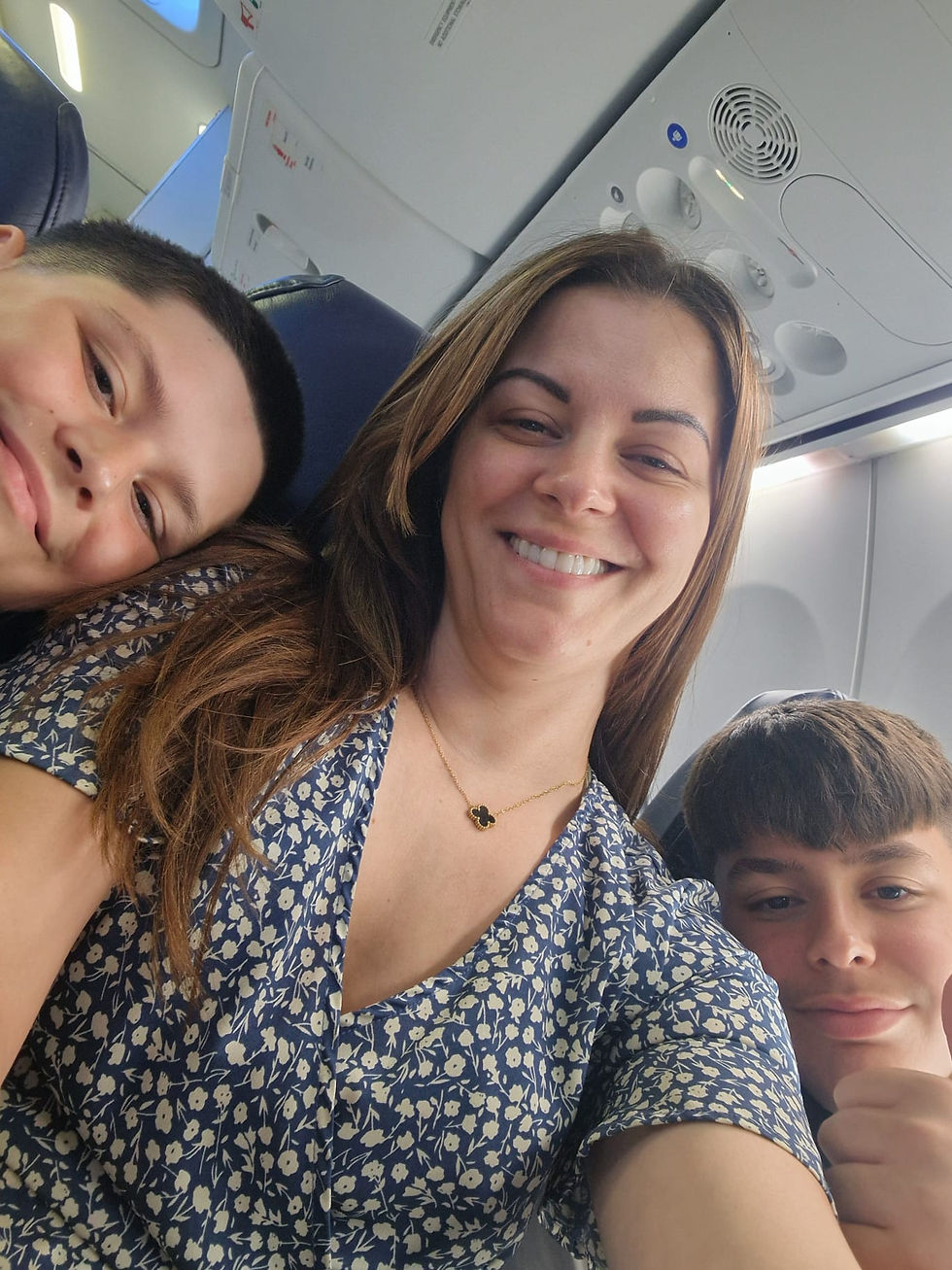The Pandemic of ADHD... or Is It Unhealed Trauma?
- eNVybeauty

- Mar 17
- 2 min read
In a world where ADHD diagnoses are skyrocketing, we have to pause and ask: are we truly looking at a neurological disorder—or are we witnessing the long-term effects of unhealed trauma?
As someone who’s walked this path personally and professionally, I want to explore a deeper, more compassionate understanding of what’s really happening beneath the surface.
The Brain's Early Blueprint
The first 14 years of our life shape the brain’s foundation. During this time, we learn how to connect, regulate emotions, and interact with the world. But what happens when a child grows up in an emotionally unsafe or traumatic environment?
The brain adapts for survival, not thriving. Symptoms like:
Brain fog
Memory loss
Short attention span
Emotional overwhelm
…are often seen in individuals with ADHD. But they’re also found in those with Autism, Dementia, Alzheimer’s, and even in menopause. So, what if we’re not seeing a spike in ADHD—but in untreated, unacknowledged trauma?
My Personal Story: A Childhood Shaped by Survival
I was born in the 80s, a time when ADHD wasn’t as commonly diagnosed or medicated. I struggled with focus, memory, and emotional intensity. But I wasn't "broken"—my brain was responding to the chaos I grew up in.
Now, I feel grateful I wasn’t given a label or put on medication. Because that space gave me a chance to heal. To discover who I really was beneath the survival mechanisms.
Medication: A Pause, Not a Cure
Let me be clear: this isn’t about shaming medication—it can absolutely help in the right circumstances. But it should not be the first step. Especially not for children. Medication can silence symptoms, but it can also numb creativity, disconnect the child from their own inner world, and strip away their natural way of coping.
So before we medicate, can we pause? Can we get curious?
A Different Way: Trauma-Informed Healing
What if the child (or adult) doesn’t need fixing, but understanding? Through trauma-informed coaching or therapy, we can uncover the root of the symptoms, not just manage them.
This approach:
Validates the emotional experience
Supports safe exploration of pain
Encourages reconnection with the self
The child doesn’t need to "perform better"—they need to feel safe enough to be themselves.
If this resonates with you—whether as a parent, a teacher, a coach, or someone healing their own past—know this:
You’re not broken. You’re brilliantly adaptive. And with the right support, you can heal and reclaim the vibrant, focused, and present version of yourself that’s always been there.
I’m here for the ones who want to go deeper. If you’d like to explore trauma-informed life coaching, I invite you to connect with me by email hello@nikolettvegh.com
You deserve to be understood.
Nikolett
Trauma Informed Life Coach &
Self Care Expert
.png)



Comments